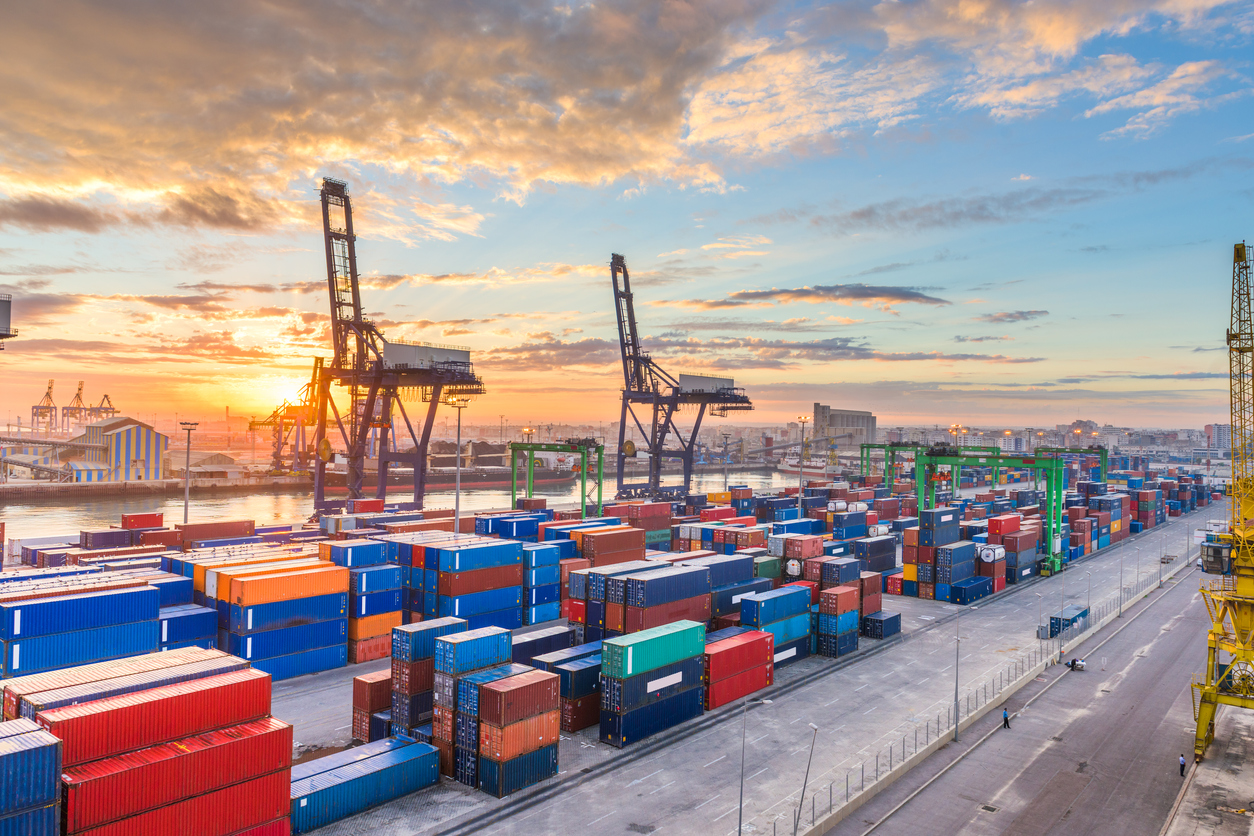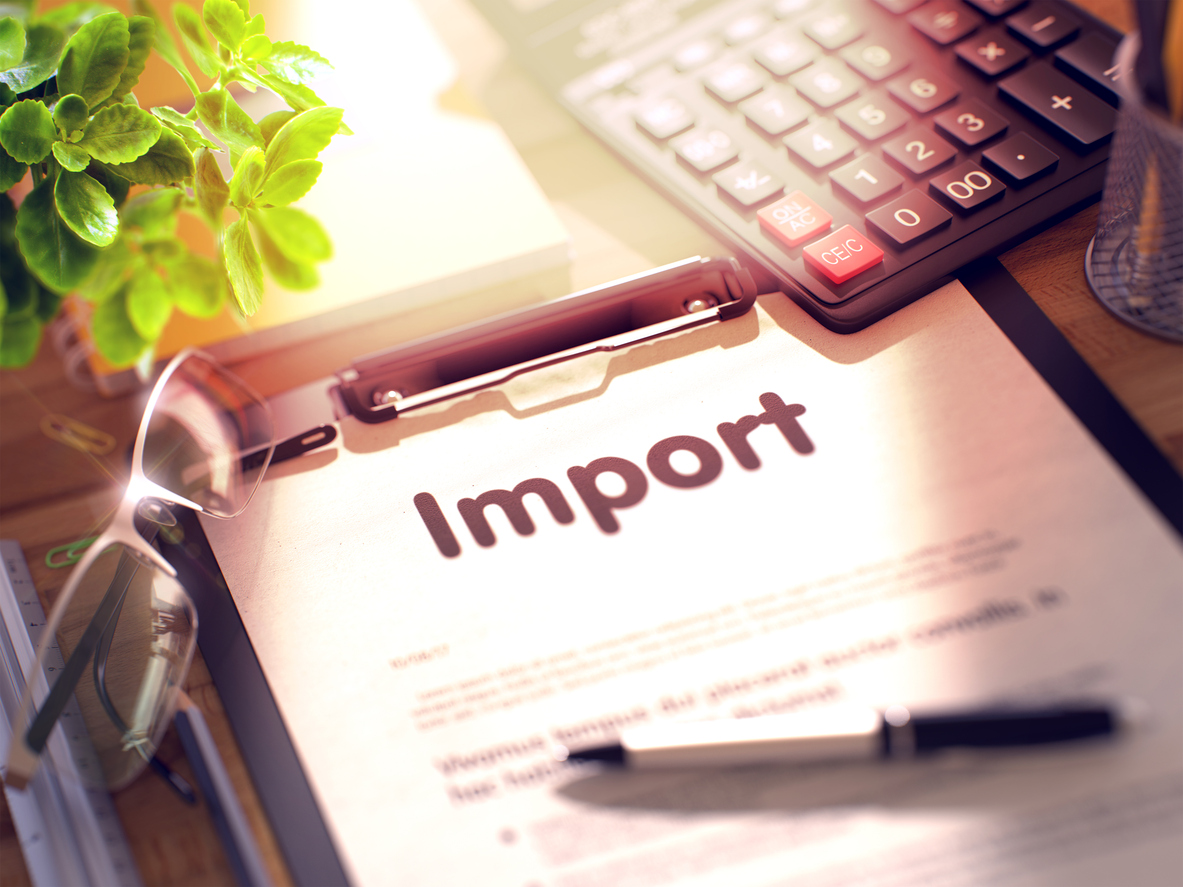Understanding CIF Shipping Terms: What You Need to Know
Cost, Insurance, and Freight (CIF) is one of the most commonly used shipping terms in international trade. CIF terms outline the responsibilities of both the buyer and the seller in a transaction, particularly concerning the costs, risks, and logistics involved in transporting goods. This article provides a detailed explanation of CIF shipping terms, their advantages and disadvantages, and how they influence international trade transactions.
What Does CIF Mean?
CIF stands for Cost, Insurance, and Freight. Under CIF terms, the seller is responsible for covering the costs, insurance, and freight charges necessary to bring the goods to the port of destination. However, once the goods are loaded onto the ship, the risk of loss or damage transfers from the seller to the buyer.
Key Components of CIF:
- Cost: The seller covers all costs associated with producing, packaging, and transporting the goods to the port of shipment, as well as loading them onto the ship.
- Insurance: The seller is required to obtain and pay for minimum insurance coverage that protects the buyer against loss or damage during transit. The insurance coverage must be at least 110% of the value of the goods.
- Freight: The seller pays the freight charges to transport the goods by sea to the agreed port of destination.
How CIF Shipping Terms Work
When goods are sold under CIF terms, the seller handles much of the logistics and financial responsibilities up to the point where the goods are loaded onto the ship. After this point, the buyer assumes the risk of loss or damage. Here’s a step-by-step outline of how CIF works:
- Seller Arranges Transport: The seller arranges for the goods to be transported from the factory or warehouse to the port of shipment.
- Insurance Coverage: The seller secures insurance for the goods, covering them during the sea voyage to the port of destination.
- Freight Payment: The seller pays the freight charges to ship the goods to the designated port of destination.
- Risk Transfer: Once the goods are loaded onto the ship, the risk transfers from the seller to the buyer. The buyer is now responsible for any potential loss or damage that occurs during the sea journey.
- Delivery at Destination Port: Upon arrival at the destination port, the buyer is responsible for unloading the goods, paying any additional costs (such as duties, taxes, and inland transport), and taking possession of the goods.
Advantages of CIF Terms
1. Simplified Logistics for Buyers
- Less Responsibility: Buyers benefit from CIF terms because the seller handles most of the logistics, including transportation and insurance, up to the point where the goods are loaded onto the ship. This simplifies the purchasing process, especially for buyers who are less familiar with international shipping.
2. Cost Control for Sellers
- Freight and Insurance: Sellers under CIF terms can control the cost of freight and insurance, potentially negotiating better rates with shipping companies. This can make the overall transaction more cost-effective for the seller.
3. Risk Management
- Transfer of Risk: CIF terms clearly define the point at which risk transfers from the seller to the buyer, helping both parties manage and mitigate potential risks associated with shipping.
Disadvantages of CIF Terms
1. Limited Control for Buyers
- Insurance Coverage: The buyer has limited control over the insurance policy, as it is arranged by the seller. The buyer may prefer more comprehensive coverage, which may not be provided under the minimum insurance arranged by the seller.
- Freight Selection: Buyers have no control over the choice of the shipping line or the schedule, which might affect delivery times or the handling of the goods.
2. Risk of Disputes
- Risk Transfer Timing: Since the risk transfers to the buyer as soon as the goods are loaded onto the ship, any disputes about damages or losses can be challenging to resolve, especially if they occur after this point.
When to Use CIF Terms
CIF terms are particularly useful when:
- The buyer prefers the seller to handle most of the logistics: This is common when the buyer is less experienced in international shipping or prefers not to deal with arranging transport and insurance.
- The transaction involves shipping goods by sea: CIF is specifically designed for maritime transport, making it ideal for shipments of bulk goods, machinery, and other large items.
Conclusion
CIF shipping terms are a popular choice in international trade, offering benefits such as simplified logistics and clear risk management. However, they also come with limitations, particularly for buyers who prefer more control over shipping and insurance arrangements. Understanding the implications of CIF terms is crucial for both buyers and sellers to ensure smooth and successful transactions.
At Wigmore Trading, we provide expert advice and support to help you navigate the complexities of international shipping terms like CIF. Contact us today to learn more about how we can assist you in optimizing your shipping and trade processes.
Get in Touch:
Need help with international shipping? Contact Wigmore Trading for expert advice on CIF terms and other shipping options. Visit our website, email, or call us to learn more about our services.








Comments are closed.